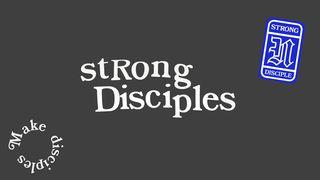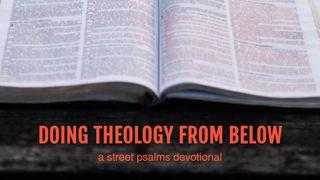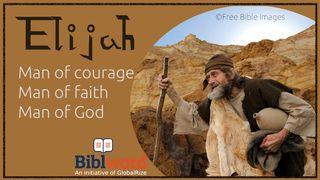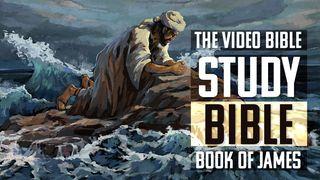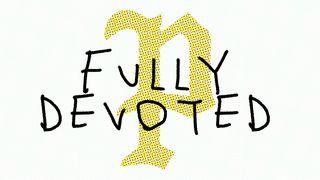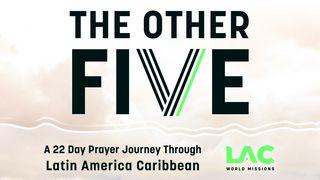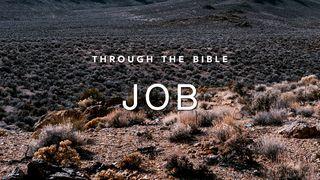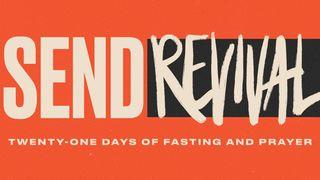Deuteronomy: At Journey's Endਨਮੂਨਾ
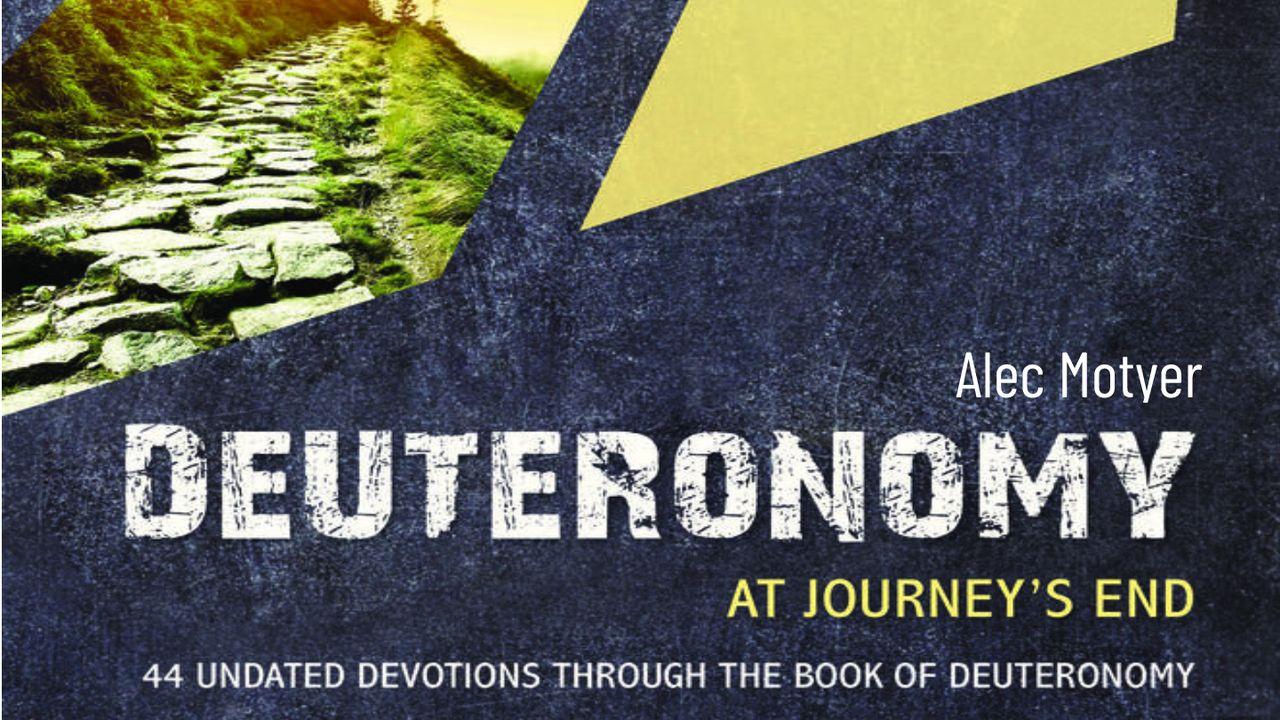
A grand farewell
It says everything about Moses’ heart of love for his people that after all his travail with their cantankerous ways, and all the predicted dire consequences of their expected disobediences, his ‘goodbye’ is entirely one of warm wellwishing. Rightly it is called the ‘blessing’ of Moses.
The preface gives him the typical title of a prophet: ‘man of God’ (v. 1); and 34:10 proclaims him the prophetic supremo. Here he stands on the border of the Promised Land, which his heart aches to enter but cannot, and, letting his gaze sweep from the envisaged territory of Judah in the south (33:7) to Naphtali and Asher in the distant north (vv. 23– 24), he pronounces his parting blessing. The thrust of the blessing is discernible as thus: the Lord has promised this land; his people by no means merit it; but divine promises are made to be kept, not broken, and kept they will be.
Did Reuben’s heart fail when his name was mentioned (v. 6), thinking that, maybe, once again his awful sin would be given publicity (cf. Gen. 49:3–4). But no, this is a blessing; it is not an exposure of the past but a gentle wish for the future. Our sins are not forgotten, but neither are they ultimate barriers to the workings of grace.
Simeon is not listed – presumably Moses foresees his absorption into Judah, as actually happened (Josh. 19:1). Judah, though one of the most potent of the tribes, is reminded that inheritance is not by natural might or power but only by divine help (v. 7). Levi took his stand for God (Ex. 32:25–29; Num. 25:6– 13) and learned that what grace enables grace also rewards. Levi became the guardian of the means of divine guidance (Deut. 33:8a; cf. Ex. 28:30; 1 Sam. 23:6– 12), the teacher (v. 10a; cf. Mal. 2:4–7) and the priestly mediator (v. 10b). Benjamin was small among the tribes (Ps. 68:27) but would discover that even the welcoming love of his earthly father (Gen. 35:18) was surpassed by the close divine embrace (Deut. 33:12).
The blessing opens (vv. 1–5) and closes (vv. 26–29) by parallel statements balancing the Lord and his people. He comes to them at Sinai (v. 1) and they gather to him as their King (v. 5); he loves them and they bow at his feet (v. 3); he is the unique God (v. 26) and they are the unique people (v. 29). They are in his heart and hands (v. 3); they are in his shelter and his arms (v. 27).
Reflection
What blessings are promised to Joseph (vv. 13–17)? Why, in his case, is a reference to Exodus 3:1–8 especially appropriate (v. 16b)?
ਪਵਿੱਤਰ ਸ਼ਾਸਤਰ
About this Plan

In these daily undated devotions, Alec Motyer explores the timeless truths of Deuteronomy and applies them to our lives today. Just as the Israelites did, we can appreciate the wonder of God’s grace to us through repentance, experience His committed love for us, and learn more about walking in His ways.
More
